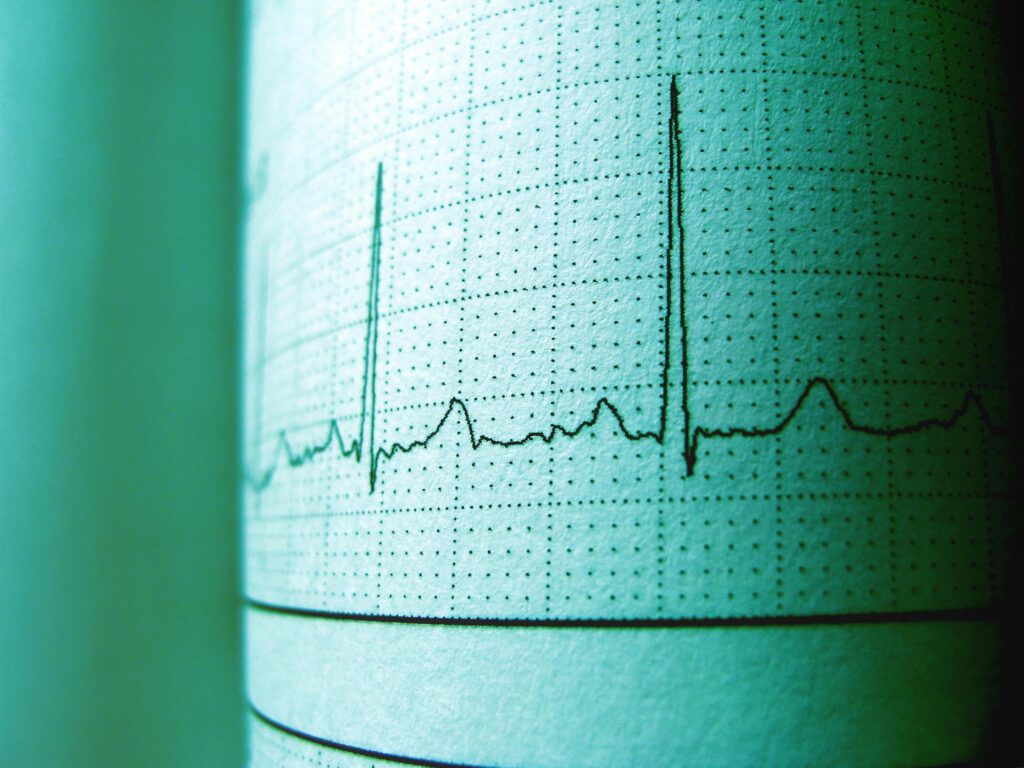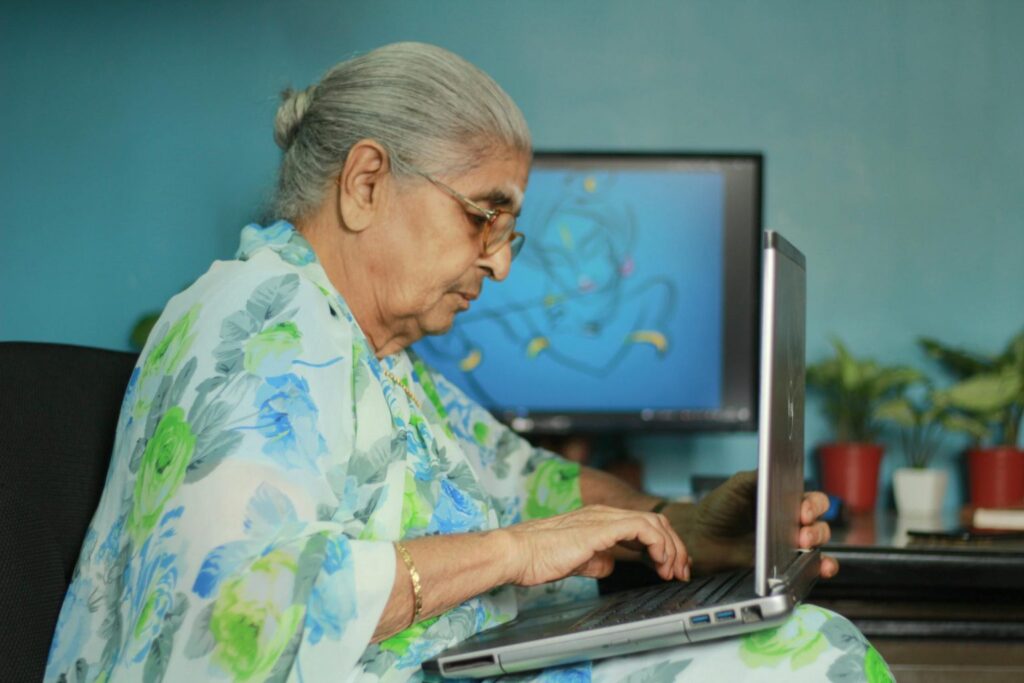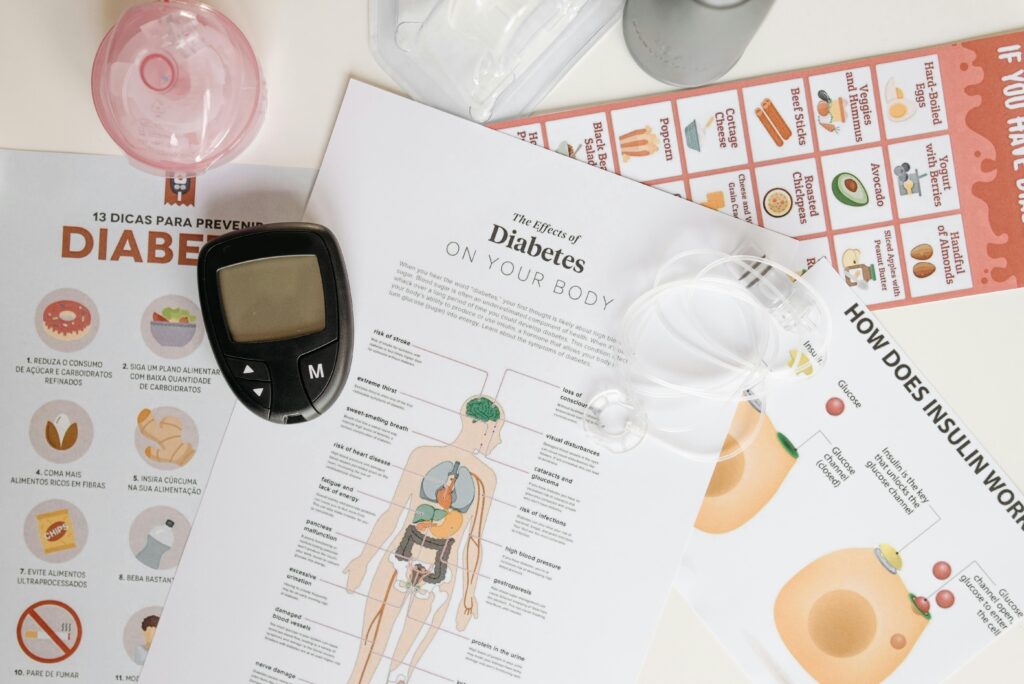Heart disease is one of the most common health concerns among elders in India. With age, the heart becomes more vulnerable, and conditions like high blood pressure, coronary artery disease, and heart failure often appear. For families, caring for a loved one with heart problems can feel overwhelming. Yet, with proper care at home, elders can lead healthier, more fulfilling lives.
This blog will explore simple steps to manage heart disease at home, reduce risks, and support elders with compassion and dignity.
Understanding Heart Disease in Elders
Heart disease is a broad term. It may involve:
- High blood pressure (hypertension) – makes the heart work harder.
- Coronary artery disease – narrowing of blood vessels that supply the heart.
- Arrhythmias – irregular heartbeats.
- Heart failure – when the heart does not pump blood effectively.
Common symptoms elders may show include chest pain, shortness of breath, fatigue, swelling in feet or ankles, and dizziness. Recognizing these early can help prevent emergencies.
Why Heart Care at Home is Important
In India, many elders prefer staying at home rather than frequent hospital visits. With family support, lifestyle changes, and regular monitoring, heart disease can be managed effectively outside the hospital. This ensures comfort, reduces stress, and promotes emotional well-being.
Practical Home Care Tips
1. Heart-Healthy Diet
- Use less oil, ghee, and fried foods. Choose steamed, boiled, or baked options.
- Add plenty of vegetables, fruits, and whole grains.
- Limit salt to keep blood pressure under control.
- Include heart-friendly foods like dal, sprouts, nuts, flax seeds, and fresh curd.
2. Regular Exercise
- Encourage daily walks, even inside the home or in the garden.
- Gentle yoga and pranayama help improve circulation.
- Avoid over-exertion—listen to the body’s limits.
3. Medication Adherence
- Take medicines on time as prescribed.
- Use a pill box or phone reminders to avoid missed doses.
- Keep an updated list of medicines for emergencies.
4. Monitor Blood Pressure and Sugar
- Use a home BP monitor to track daily readings.
- Check blood sugar if the elder also has diabetes.
- Share records with the doctor during visits.
5. Create a Stress-Free Environment
- Stress is a hidden enemy for heart health.
- Encourage relaxation through reading, listening to music, or prayer.
- Family companionship and emotional support are powerful healers.
6. Avoid Smoking and Alcohol
- If the elder has a history of smoking or drinking, reducing or stopping completely helps the heart recover.
Emergency Signs to Watch Out For
Seek immediate medical care if an elder has:
- Severe chest pain or pressure,
- Pain spreading to the arm, neck, or jaw,
- Sudden shortness of breath,
- Fainting or loss of consciousness,
- Swelling of legs with difficulty breathing.
Quick action can save lives.
Conclusion
Caring for elders with heart disease at home is about balance—between medical care, lifestyle changes, and emotional support. A heart-healthy diet, daily activity, proper medication, and a stress-free environment can help elders live longer, healthier, and happier lives.
💬 Your turn to share!
Do you care for an elder with heart problems? What routines or tips have helped in your home?
👉 Comment below and let us know.
📢 Share this blog with friends and family—it could help someone in need.





